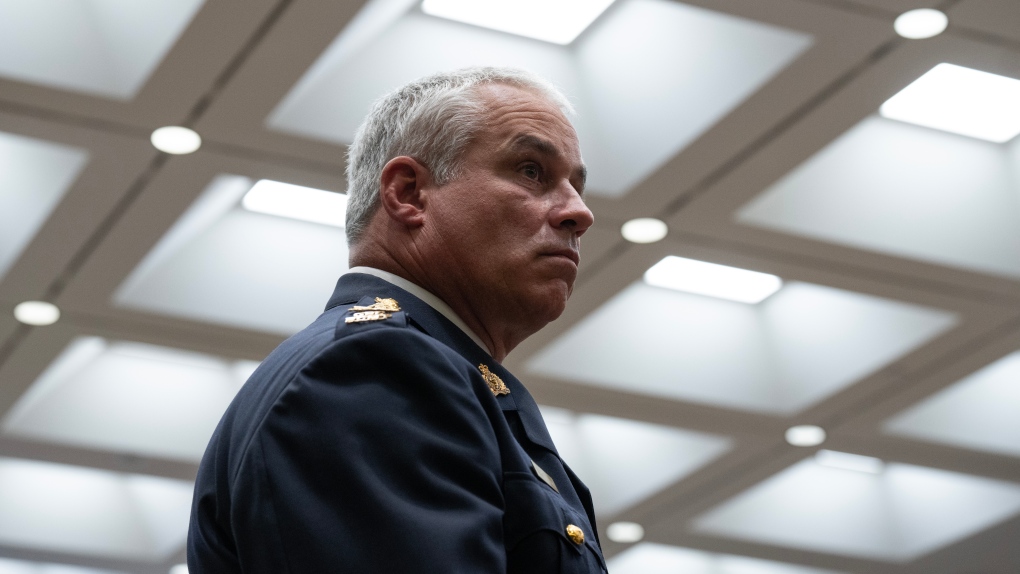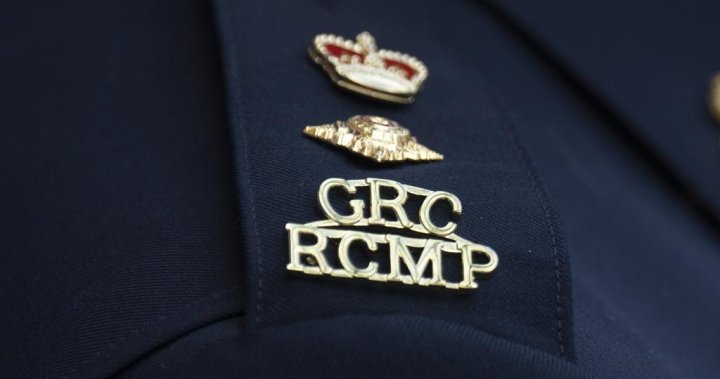- Reaction score
- 4,265
- Points
- 1,260
This out this week ....

 www.theglobeandmail.com
www.theglobeandmail.com

 www.ctvnews.ca
www.ctvnews.ca

 globalnews.ca
Full report in English attached - here's the summary (highlights mine)
globalnews.ca
Full report in English attached - here's the summary (highlights mine)


Fix the RCMP or create a new federal force, parliamentarians tell government
Report by members of the National Security and Intelligence Committee of Parliamentarians warns RCMP isn’t up to the task of protecting national security

Ottawa 'must act' to overhaul RCMP's federal policing program, committee report says
A national security watchdog says Ottawa must drive major changes to the RCMP's federal policing program to ensure Canadians are protected from the most serious threats.

RCMP ‘cannot function’ effectively on national security threats: committee | Globalnews.ca
Contract policing in the provinces has put pressure on the Mounties ability to effectively handle national security and federal policing roles, parliamentary committee finds.




